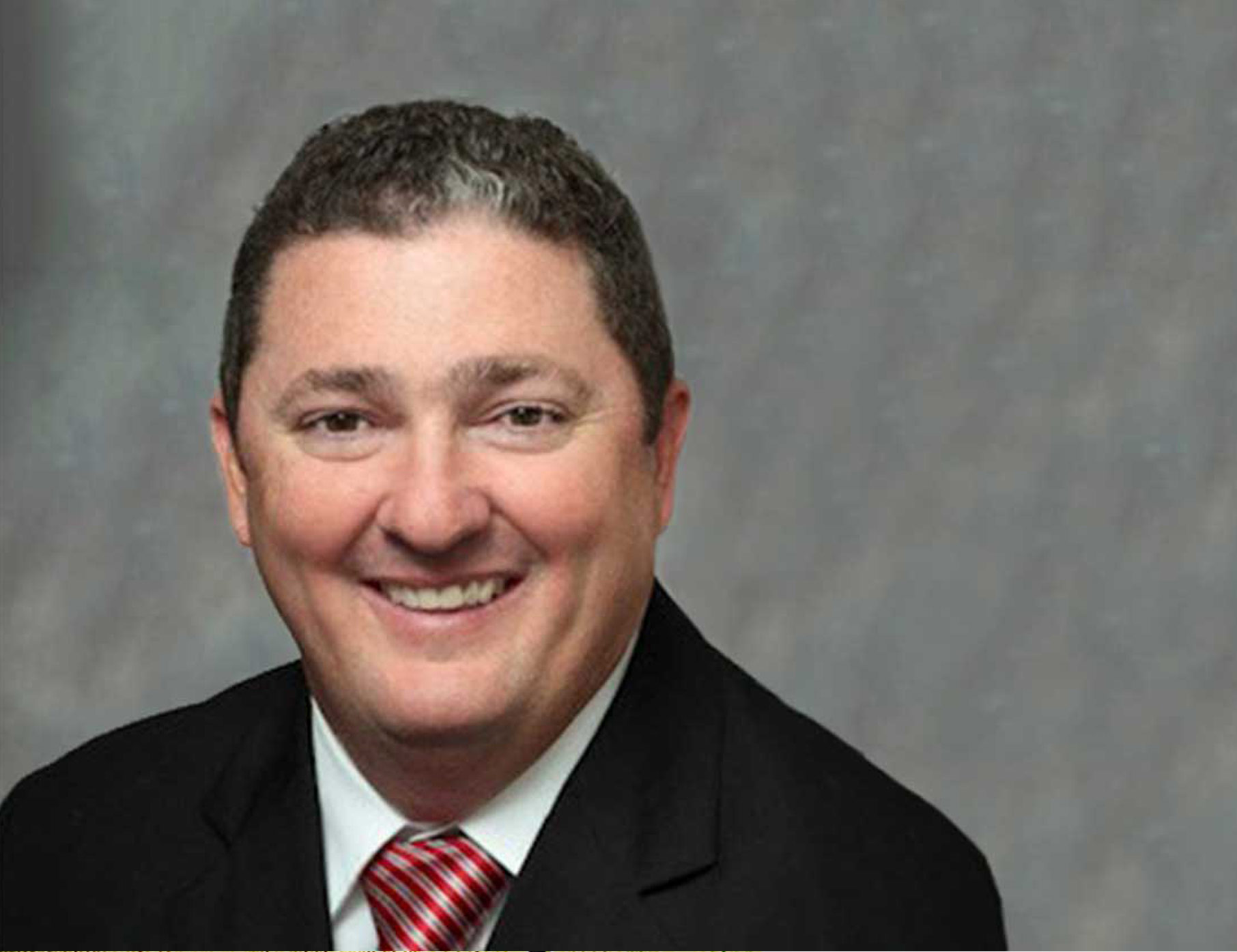HR Professionals: How Well Do You Really Know Your Business?
Sure, you are savvy in all things human resources, but how well do you really know the industry in which you work and the company for which you work? For HR professionals, knowing the business is essential, but perhaps not given the deep, ongoing attention it deserves.
“If you don’t know or understand the key drivers of your business and how it operates, getting educated has got to be your top priority. Knowing the business puts you in the position not only to speak to leadership intelligently, but credibly,” says Vice President of Human Resources at Worthington Industries Terry Dyer.
This, Dyer argues, helps give HR its voice so it can truly make a powerful impact.
If you continuously find a lack of partnership between human resources and company leadership, this could be the answer to your frustrations. It appears if you want to earn your place at the table, you may first need to take a step back and focus on the business. Is it time for you to dig in to what makes all aspects of your company tick?
At Worthington, strategic planning in HR is done in congruence with the business direction. This would not be possible without HR’s deep understanding of the business in its current and projected states. Dyer himself participates in an annual assessment before building the HR operating plan for the year.
“Each year, we sit down and talk with our leaders each of my direct reports with their business unit presidents, about where the business is going, what new competition is out there, are we considering new acquisitions or capital expenditures that might drive our labor force differently, and so on,” says Dyer.
He stresses it’s important to hear what their needs are before presenting strategies. That way you’re letting them know that you’re responding to those particular needs and driving solutions that will resolve whatever those issues or challenges might be.
“You have to understand what’s driving the business, the challenges and opportunities, then translate that information into HR strategies that support the direction the business is going,” If you’re really listening to what they’re saying and talking about where you’re at today and what needs to happen to move forward, you shouldn’t get it wrong,” says Dyer.
After these meetings, Dyer and his team discusses what they heard and asks the critical question: What can we do to offer support?
He meets again with each business unit to go over what was said to ensure everyone is on the same page. Afterward he develops the annual HR plan and then presents it to leadership. This plan is strategic and visionary, much thanks to the extensive research that was done beforehand.
It’s a lengthy process. Dyer estimates it takes 40-50 hours each year to meet with leaders, analyze the current plan and edit it to provide new strategy based on insights, and then finally to present it before getting approval. But it’s one that Dyer feels is necessary for HR to best support the business given its current and future needs.
“I think being a strategic business partner and understanding how to support the business puts us in a position where we not only have a seat at the table but a voice at the table as well,” he says.









